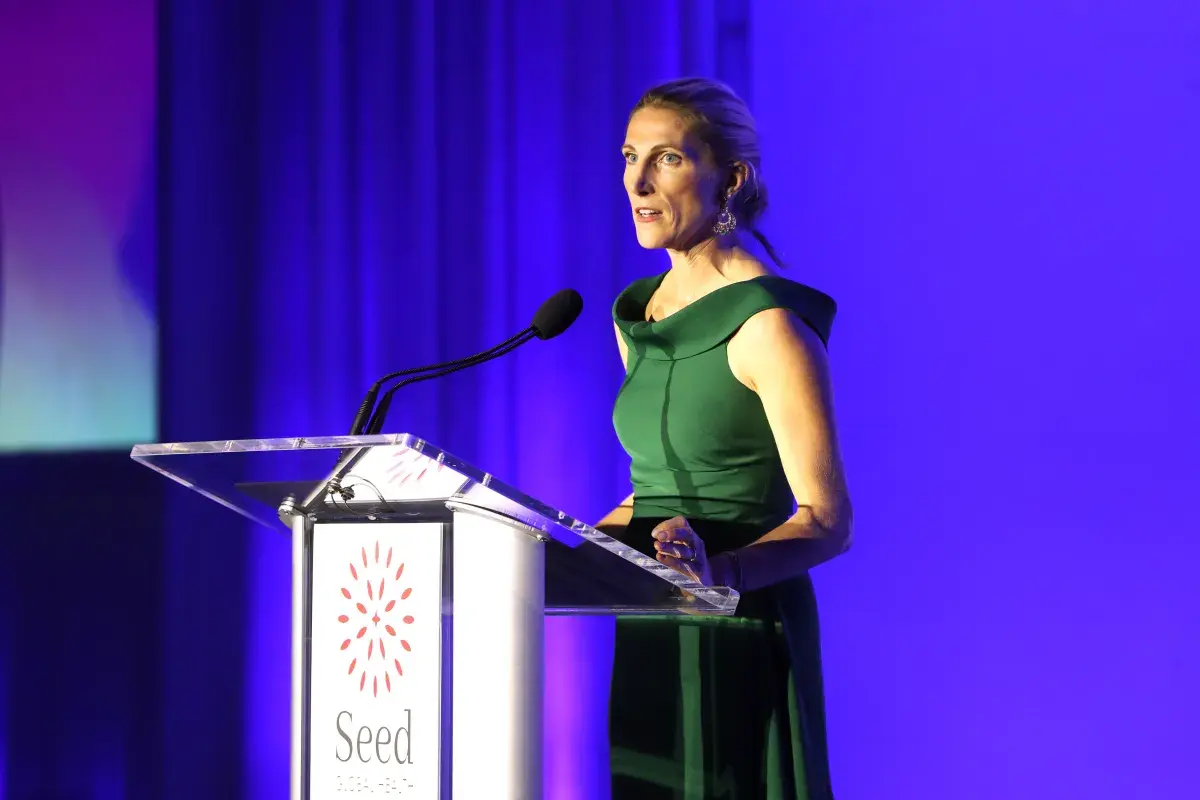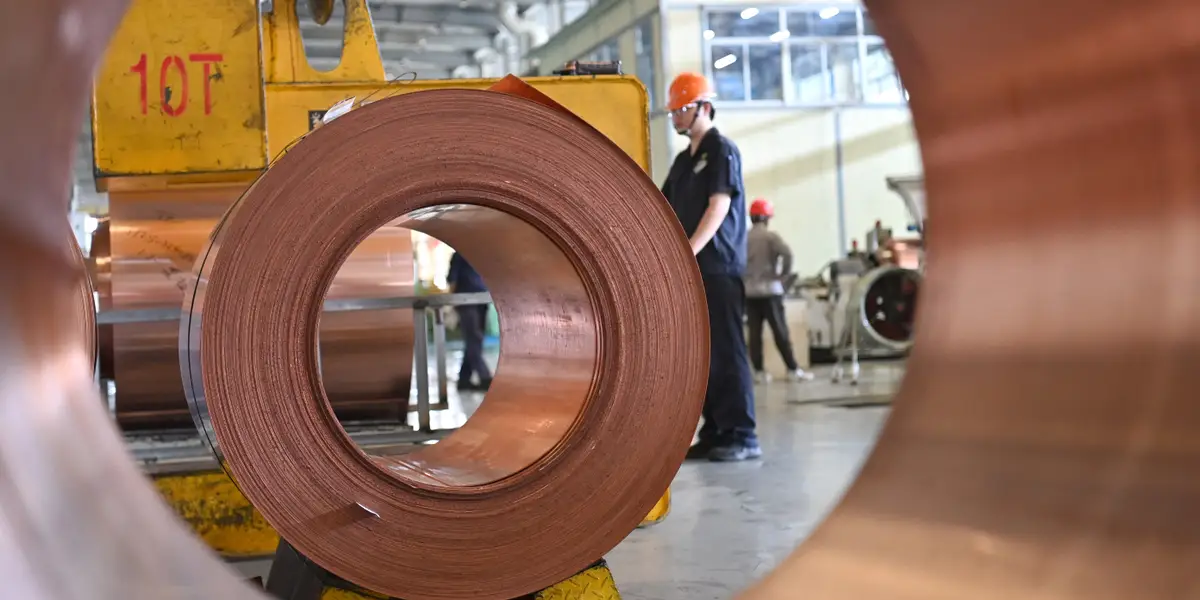Copyright Newsweek

In a world with shrinking budgets and escalating climate impacts, we are stillwillfullyignoring the threat posed by climate change on our health and the knock-on economic effects. This disconnect will cost us billions financially and in lives lost. Take extreme heat. Hotter summers are already forcing workers to take more sick days, reducing income for families and straining local businesses. In the United States, it cost companies $100 billion a year in lost productivity and that’s set to rise to $500 billion by 2050. In India, farmers, builders and factory workers are losing wages and facing health risks due to unbearable heat. Heatwaves trigger spikes in cardiovascular deaths. Floods disrupt maternal care. Diseases like malaria and dengue are spreading into new regions. There is a steady rise in respiratory diseases linked to air pollution. If we don’t act, more people will get sick, struggle to work, or provide for their families. These climate costs are rooted in health—and they are mounting. Yet, with less than 1 percent of global climate funds currently spent on health, we have created a blind spot which leaves communities dangerously unprepared for the impacts of climate change. Particularly when you consider more than half the world’s population still lack access to essential health care services. At COP30, health must be better integrated into climate policy because health is both the frontline experience of climate impacts and the foundation of economic growth. It’s simple: investing in strong health systems and the health workers on the frontlines isclimate adaptation and our best response to extreme weather. These investments are also the best response for pandemic preparedness, the scourge of disease still left unchecked, as well as our long-term economic prosperity. It makes sense. Good health underpins every aspect of our lives: our ability to learn, work and live our lives to our fullest potential. It is the bedrock of what makes great societies and a foundation of strong resilient economies. The Lancet Commission found improvements in health accounted for 24 percent of economic growth in low- and middle-income countries from 2000 to 2011. Health is not a cost: It’s the smartest investment any nation can make. Rwanda offers proof. By investing in community health workers and linking their work to economic development, the country has achieved one of Africa’s fastest-growing economies. This is what it looks like when health is treated as a driver of growth—not an afterthought. There has been some progress. Global climate and health financing has risen from under $1 billion in 2018 to more than $7 billion in 2022. And the World Health Organization (WHO) is supporting countries with its operational framework for climate-resilient health systems, offering a blueprint for countries to use these funds to build health systems that can withstand and respond to climate shocks. But it’s not happening fast or clearly enough. Too often commitments and pledges are made which reflect already spent, earmarked or committed funding—not new funding growing the pie. For example, the landmark $1 billion announced at COP28 reflected almost $800 million of already designated funds packaged for the galvanizing moment. At COP30, anticipated funding pledges are at risk of creating the same false hope. Further, it needs to reach its target. Of the $7 billion, only 35 percent reached the countries most affected by climate change. Countries facing the worst climate-health burdens—which are often those with the most fragile health systems—must be given access to climate financing, so that they can build hospitals that can withstand floods, equip health workers who are on the frontlines of every response and implement surveillance systems that can track disease outbreaks linked to warming temperatures. These are climate investments and must be recognized and financed as such. The bottom line is that climate finance must evolve to not just mitigate emissions, but to protect human health. Likewise, funding for health must be recognized as sound economic policy. Only when we align these two agendas and address their exponential gap can we create lasting impact and resilience. To realize this, countries need financing mechanisms that bridge the gap between health and climate—mechanisms that are simple, transparent and sustainable. Debt-for-health swaps, social impact bonds, insurance schemes and sin taxes can all help mobilize both domestic and international financing at the intersection of climate and health. But these tools need political will and global coordination to be effective. Governments must better recognize the threat of poor health accelerated by climate and the power of protecting and expanding health financing at home and abroad to ensure climate-resilience as our environment changes. But more than that, health must be central to every countries’ economic development and climate strategies. When health spending is integrated into national planning, it becomes clear that investing in health is also investing in economic growth, productivity and long-term stability. As leaders gather for COP30, they must reject false narratives that pit climate and health action against economic growth. The truth is the opposite: aligned climate and health financing offer the greatest return—in lives saved, economies strengthened and communities protected. Dr. Vanessa Kerry is director-general special envoy for climate change and health at the World Health Organization (WHO). The views expressed in this article are the writer's own.



